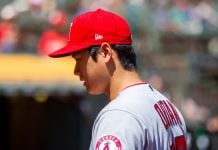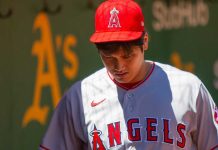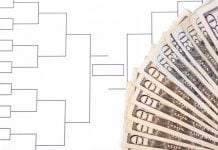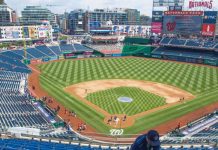The American Gaming Association (AGA) has estimated that in excess of $10bn is set to be wagered on the upcoming NCAA men’s basketball tournament, with only $300m, or three percent, being done so legally through Nevada sportsbooks.
Added to this is the estimated $150bn annual illegal market, which sees sports empowered by the Professional and Amateur Sports Protection Act (PASPA).
Labelling the current legislation “a failed federal prohibition on single-game sports betting,” the AGA details an illegal industry that spreads across bookies, illegal offshore websites, or through sports pools like the popular March Madness basketball bracket pools.
Geoff Freeman, president and CEO of the American Gaming Association, said: “Our current sports betting laws are so out of touch with reality that we’re turning tens of millions of Americans into criminals for the simple act of enjoying college basketball.
“The failed federal ban on sports betting has created an illegal, unregulated sports betting market that offers zero consumer protections and generates zero revenue for state and tribal governments.
“As the Supreme Court considers the constitutionality of PASPA, AGA is focused on working with all stakeholders to put the illegal market out of business and enable a safe, legal way for American consumers to participate in next year’s office pool without fear of prosecution.”
The United States Supreme Court will rule on PASPA this year, with New Jersey challenging the constitutionality of the 1992 act as it bids for the right to offer licensed sports betting.
Should a favourable judgement be returned, legalisation could be rolled out across the country, with it detailed that at least 18 states have active sports betting legislation in place and are ready to capitalise.
The most recent of these is New York, who last week introduced bill S7900 as it seeks to offer sports betting through the amendment of the racing, pari-mutuel wagering and breeding law.
One talking point was the proposition of a 0.25 percent integrity fee payable to the nations sports league, with the National Basketball Association (NBA) and Major League Baseball (MLB) in particular lobbying for a figure of 1%.













